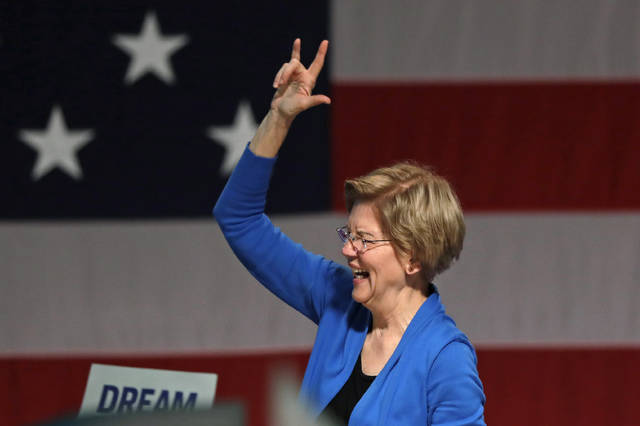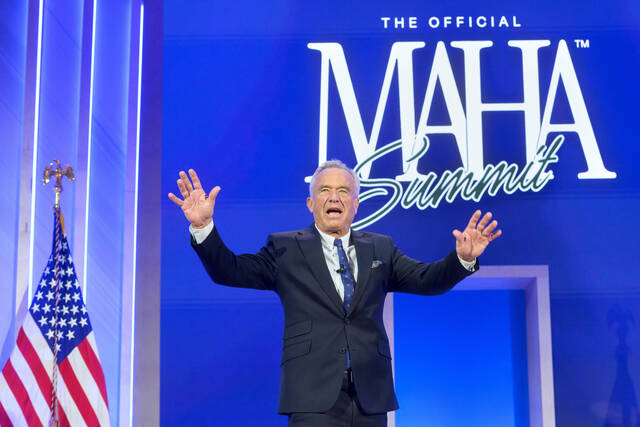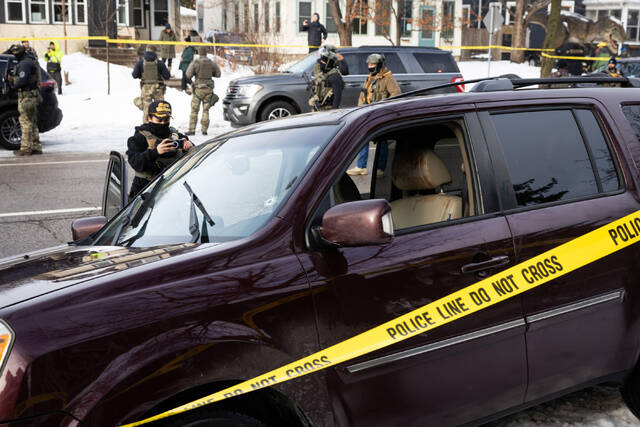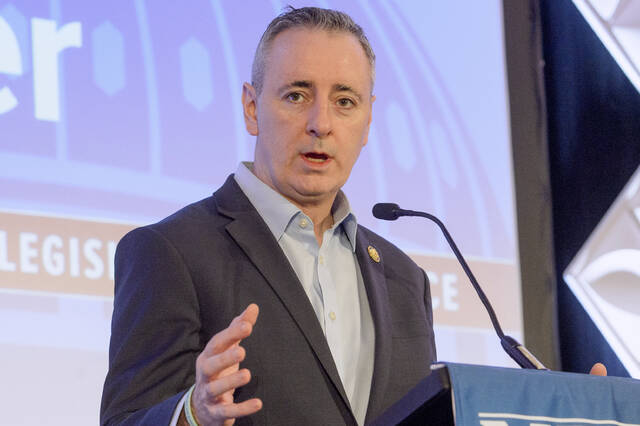I once stood on a mountain of shale at a strip-mine site the day before Thanksgiving with several local politicians and one female state official. As the guys took their time, yukking it up with all the time in the world, she stood further back with me, impatiently glancing at the cars.
“I wish they would hurry up,” she said. “I have pies to make.”
I wanted to vote for her in that moment. I wanted to give my vote to someone who knew what it was like to do your job standing in dress shoes in the dirt just to drive three hours to finish your day — and then go home and stay up past midnight peeling apples and rolling pie crust because that’s what was expected.
It’s the kind of thing a guy — no matter how ideologically aligned with me — might not understand. But a woman — even if we have little in common philosophically — probably would.
Regardless of which lane of which party someone occupies, we hunger to feel like our voices are represented. That’s why so many candidates want to be that guy you’d meet for a beer after work. Women want that, too.
Sen. Elizabeth Warren was the most recent candidate to pull out of the race for the Democratic presidential nomination. She was the last serious female contender.
It can be frustrating to look at the United States as a leader and an example in so many areas of democracy and representation, but to realize that Pakistan elected Benazir Bhutto as prime minister in 1988, but 32 years later, Americans still hedge the idea of female leadership.
The Democrats aren’t special in championing their darlings only to abandon their support along the way. Republicans loved Michele Bachmann in 2012, until they didn’t. Carly Fiorina had a moment in the sun in the 2016 primary.
Margaret Chase Smith, the Republican woman to serve in the Senate the longest, was also the first woman to have her name placed in nomination for the presidency by a major party. She lost to Barry Goldwater, but her name denied him a unanimous vote.
The first woman to run at all was Victoria Woodhull in 1872, 48 years before she would have been able to vote for herself.
Generations of women have sought that respect and relevance. They still want to be able to tell their daughters that they can be anything they want when they grow up and really mean it.
But until that day comes, we have to focus on the fact that women are in politics, and not just the ones who have been elected to lead states and cities and make laws for the whole country.
Women are in politics every time they talk about politics. Women are a part of the political conversation every time they cast a vote or pound a yard sign or sign a petition.
Women had a significant role in making Hillary Clinton the nominee in 2016, and in making Donald Trump the president.
Women may be frustrated at watching the men standing on the hill oblivious to the fact that Thanksgiving is tomorrow and there are still pies to make. But the system still works because women do their part and then some.
And there’s always 2024.








